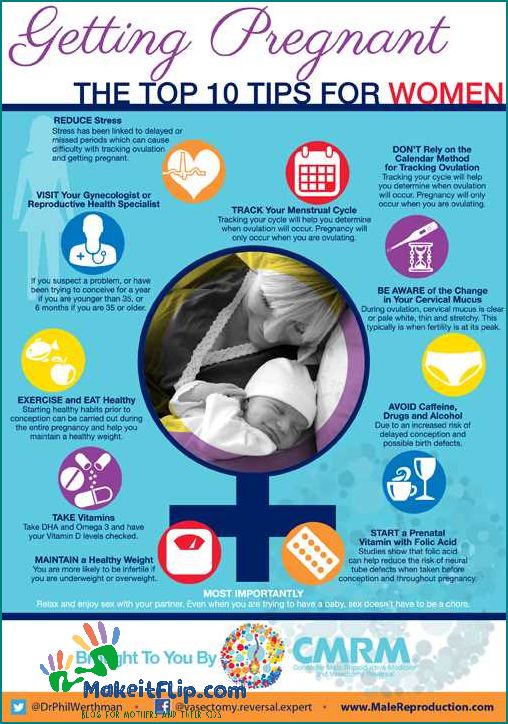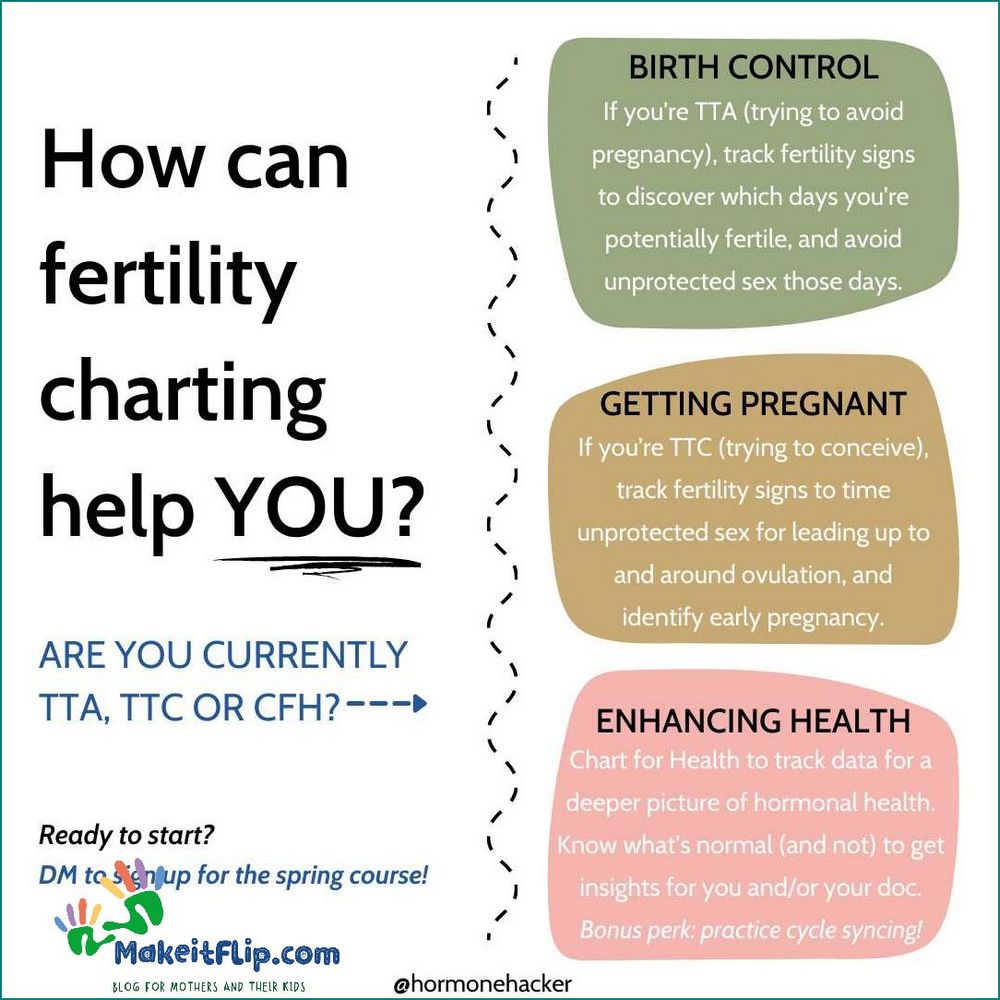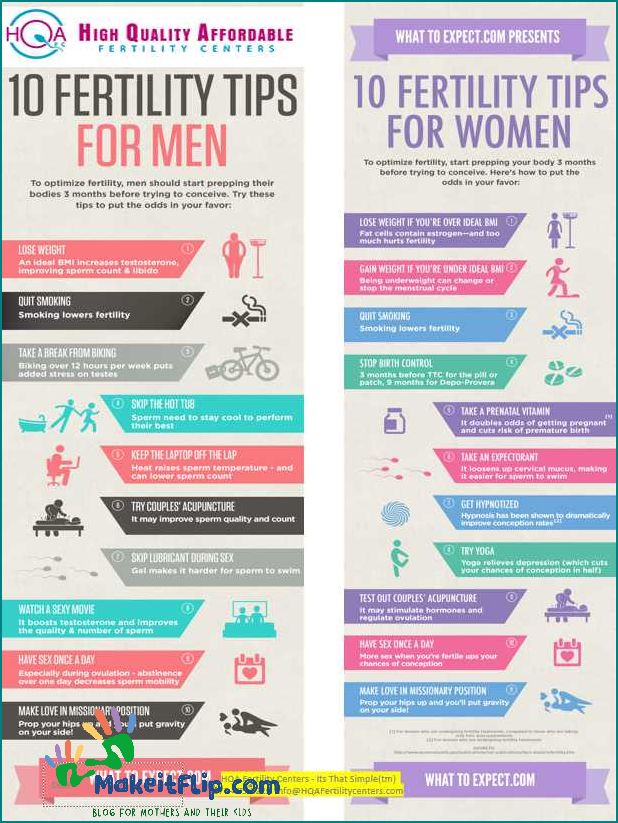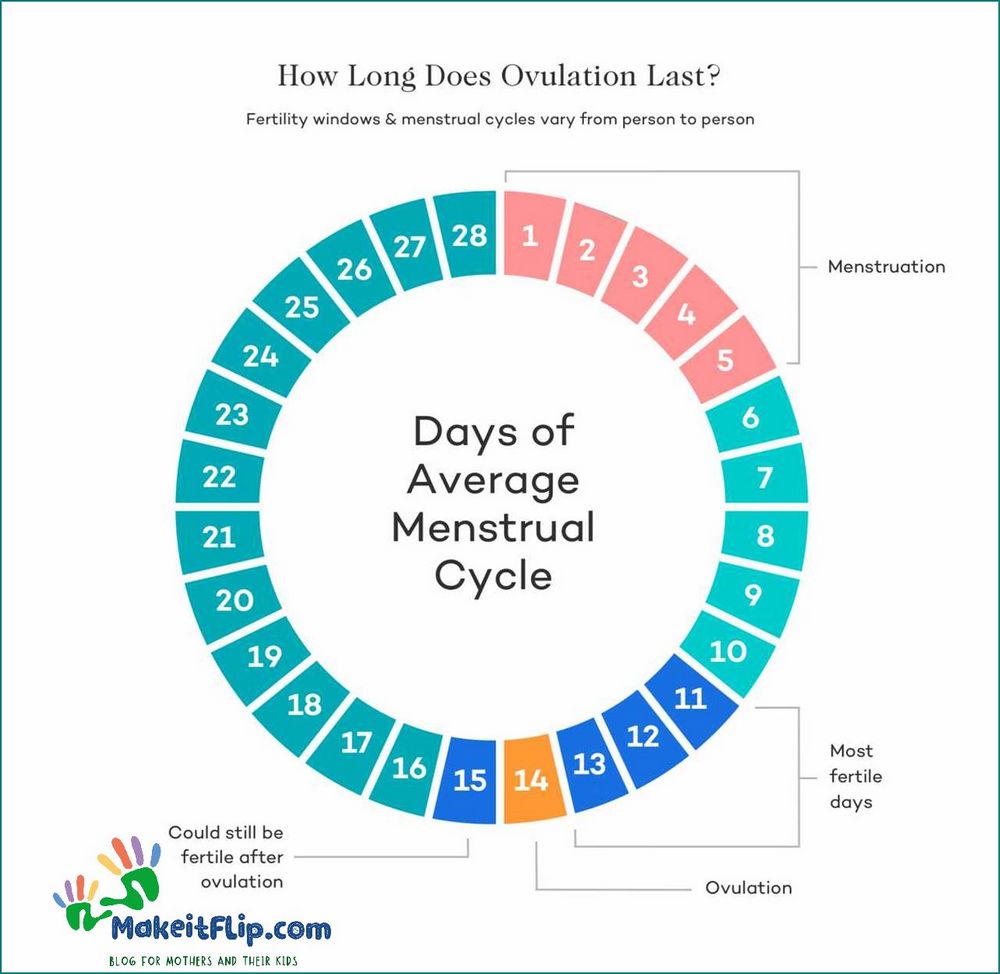Contents
Useful Tips and Advice for Couples Trying to Conceive: Boost Your Chances of Getting Pregnant with TTC Fertility Strategies

Conception is a beautiful and miraculous process that occurs when a sperm fertilizes an egg, resulting in the creation of a new life. For many couples, the journey to conception can be filled with excitement and anticipation, but it can also be accompanied by challenges and uncertainty. Understanding the basics of ovulation and fertility can greatly increase your chances of getting pregnant.
One of the first steps in trying to conceive is to track your ovulation. Ovulation is the release of an egg from the ovaries, and it typically occurs around the middle of a woman’s menstrual cycle. By monitoring your menstrual cycle and paying attention to physical signs such as changes in cervical mucus and basal body temperature, you can identify your most fertile days and time intercourse accordingly.
If you have been trying to conceive for a while without success, it may be worth considering a visit to a fertility clinic. These clinics specialize in diagnosing and treating infertility, and they offer a range of options to help couples achieve pregnancy. From basic fertility testing to more advanced treatments such as in vitro fertilization (IVF), a fertility clinic can provide the guidance and support you need on your journey to parenthood.
It is important to remember that fertility is not solely a female issue. Male infertility is a common problem that can contribute to difficulties in conceiving. If you and your partner have been trying to conceive without success, it may be beneficial for both of you to undergo fertility testing. This can help identify any potential issues and guide you towards the most appropriate treatment options.
While the journey to conception can be challenging, it is important to stay positive and hopeful. Many couples experience difficulties along the way, but with the right support and guidance, the dream of starting a family can become a reality. Remember to take care of your reproductive health, seek help when needed, and never lose hope. Pregnancy may be just around the corner!
Understanding Your Fertility

Understanding your fertility is crucial when trying to conceive. Fertility refers to the ability to reproduce and conceive a child. It involves various factors, including the reproductive system, hormones, and overall health.
Conception occurs when a sperm fertilizes an egg, leading to pregnancy. However, fertility issues can arise, leading to difficulties in conceiving. Infertility is defined as the inability to conceive after a year of regular unprotected intercourse.
There are several factors that can affect fertility, including age, lifestyle choices, and underlying medical conditions. As women age, their fertility decreases, and the chances of conceiving naturally decrease as well. Additionally, certain lifestyle choices such as smoking, excessive alcohol consumption, and poor diet can negatively impact fertility.
If you are experiencing fertility issues, it is important to seek help from a reproductive clinic or fertility specialist. They can perform tests to diagnose any underlying conditions that may be affecting your fertility. Common fertility treatments include in vitro fertilization (IVF), where eggs are fertilized outside the body and then implanted into the uterus.
Understanding your fertility and seeking appropriate treatment can greatly increase your chances of conceiving. It is important to remember that fertility is a complex process and may require patience and perseverance. By working with a fertility clinic and following their advice, you can take steps towards achieving your dream of starting a family.
Tracking Your Menstrual Cycle

Tracking your menstrual cycle is an essential step in understanding your fertility and increasing your chances of conception. By monitoring the length and regularity of your menstrual cycle, you can determine the best time to try to conceive and seek appropriate treatment if needed.
There are several methods you can use to track your menstrual cycle:
Calendar Method: This involves marking the first day of your period on a calendar and counting the number of days until the next period starts. Over time, you can identify patterns and predict when you are most likely to ovulate.
Basal Body Temperature (BBT) Method: This method involves taking your temperature every morning before getting out of bed. A slight increase in temperature indicates that ovulation has occurred, and you are in your most fertile period.
Cervical Mucus Method: By monitoring changes in the consistency and color of your cervical mucus, you can determine when you are approaching ovulation. When the mucus becomes clear, slippery, and stretchy, it indicates that you are fertile.
Ovulation Predictor Kits (OPKs): These kits detect the surge in luteinizing hormone (LH) that occurs before ovulation. By testing your urine with an OPK, you can pinpoint the most fertile days of your cycle.
Tracking your menstrual cycle can also be helpful if you decide to seek fertility treatment or undergo procedures such as in vitro fertilization (IVF). Knowing your cycle can assist your doctor in determining the best time for procedures and optimizing your chances of success.
If you have been tracking your menstrual cycle for several months and have not achieved pregnancy, it may be a sign of infertility. In such cases, it is recommended to consult a fertility clinic for further evaluation and guidance.
Remember, every woman’s menstrual cycle is unique, and tracking your cycle can provide valuable insights into your fertility. By understanding your ovulation patterns and seeking appropriate treatment if needed, you can increase your chances of achieving a healthy pregnancy and fulfilling your dream of conception.
Identifying Your Most Fertile Days

When it comes to trying to conceive, understanding your most fertile days is crucial. Knowing when you are most likely to ovulate can greatly increase your chances of getting pregnant. Here are some tips to help you identify your most fertile days:
- Track your menstrual cycle: Keeping track of your menstrual cycle is the first step in identifying your most fertile days. Start by marking the first day of your period on a calendar and continue tracking until the start of your next period. This will help you determine the length of your cycle.
- Monitor changes in cervical mucus: As you approach ovulation, your cervical mucus will change in consistency. It will become clear, slippery, and stretchy, resembling the consistency of egg whites. This is a sign that you are approaching your most fertile days.
- Use an ovulation predictor kit: Ovulation predictor kits are available at most pharmacies and can help you pinpoint your most fertile days. These kits detect the surge in luteinizing hormone (LH) that occurs 24-36 hours before ovulation.
- Track your basal body temperature: Your basal body temperature (BBT) is your body’s temperature at rest. By tracking your BBT every morning before getting out of bed, you can identify a slight increase in temperature that occurs after ovulation. This can help you determine when you are most fertile.
- Pay attention to ovulation pain or cramps: Some women experience mild pain or cramps on one side of their lower abdomen during ovulation. This can be a helpful indicator of when you are most fertile.
By using these methods, you can better understand your menstrual cycle and identify your most fertile days. If you are struggling with infertility, it may be beneficial to seek assistance from a fertility clinic or consider fertility treatments to increase your chances of conception and achieve a successful pregnancy.
Monitoring Your Basal Body Temperature

Monitoring your basal body temperature (BBT) can be a helpful tool in tracking your fertility and increasing your chances of conceiving. BBT refers to your body’s temperature at rest, and it can provide valuable information about your menstrual cycle and ovulation.
To track your BBT, you will need a basal body thermometer, which is more sensitive than a regular thermometer and can measure small changes in your body temperature. It’s important to take your temperature at the same time every morning, before you get out of bed or engage in any physical activity.
During the first half of your menstrual cycle, your BBT will be lower, typically ranging between 97.0°F (36.1°C) and 97.7°F (36.5°C). This is because your body is preparing for ovulation. After ovulation occurs, your BBT will rise and stay elevated for the remainder of your cycle, usually between 97.7°F (36.5°C) and 98.6°F (37.0°C).
By tracking your BBT over several months, you can identify patterns and determine when you are most likely to ovulate. This information can help you time intercourse to increase your chances of getting pregnant. Additionally, if your BBT remains elevated for more than 18 days after ovulation, it may be an early sign of pregnancy.
It’s important to note that BBT tracking is not foolproof and should be used in conjunction with other fertility monitoring methods. If you are struggling with infertility, it’s recommended to consult with a fertility clinic or reproductive specialist who can provide further guidance and treatment options, such as in vitro fertilization (IVF).
| Benefits of Monitoring BBT |
|---|
| 1. Identifying ovulation patterns |
| 2. Timing intercourse for optimal fertility |
| 3. Detecting potential early pregnancy |
Monitoring your BBT can be a useful tool in your fertility journey. By understanding your body’s natural rhythms and patterns, you can take proactive steps towards achieving pregnancy.
FAQ about topic TTC Fertility Tips and Advice for Trying to Conceive
What are some tips for increasing fertility?
Some tips for increasing fertility include maintaining a healthy weight, eating a balanced diet, exercising regularly, reducing stress levels, avoiding smoking and excessive alcohol consumption, and tracking ovulation.
How can I track my ovulation?
You can track your ovulation by using ovulation predictor kits, monitoring changes in cervical mucus, tracking basal body temperature, or keeping a menstrual calendar to identify patterns in your menstrual cycle.
Is there a specific diet that can improve fertility?
While there is no specific diet that guarantees improved fertility, maintaining a balanced diet rich in fruits, vegetables, whole grains, lean proteins, and healthy fats can support overall reproductive health.
What are some lifestyle changes that can help with fertility?
Some lifestyle changes that can help with fertility include quitting smoking, reducing alcohol consumption, managing stress levels, getting regular exercise, and maintaining a healthy weight.
When should I see a fertility specialist?
If you have been actively trying to conceive for a year (or six months if you are over 35) without success, it may be a good idea to see a fertility specialist for further evaluation and guidance.
I’m Diana Ricciardi, the author behind Makeitflip.com. My blog is a dedicated space for mothers and their kids, where I share valuable insights, tips, and information to make parenting a bit easier and more enjoyable.
From finding the best booster seat high chair for your child, understanding the connection between sciatica and hip pain, to exploring the benefits of pooping in relieving acid reflux, I cover a range of topics that are essential for every parent.
My goal is to provide you with practical advice and solutions that you can easily incorporate into your daily life, ensuring that you and your child have the best possible experience during these precious years.
